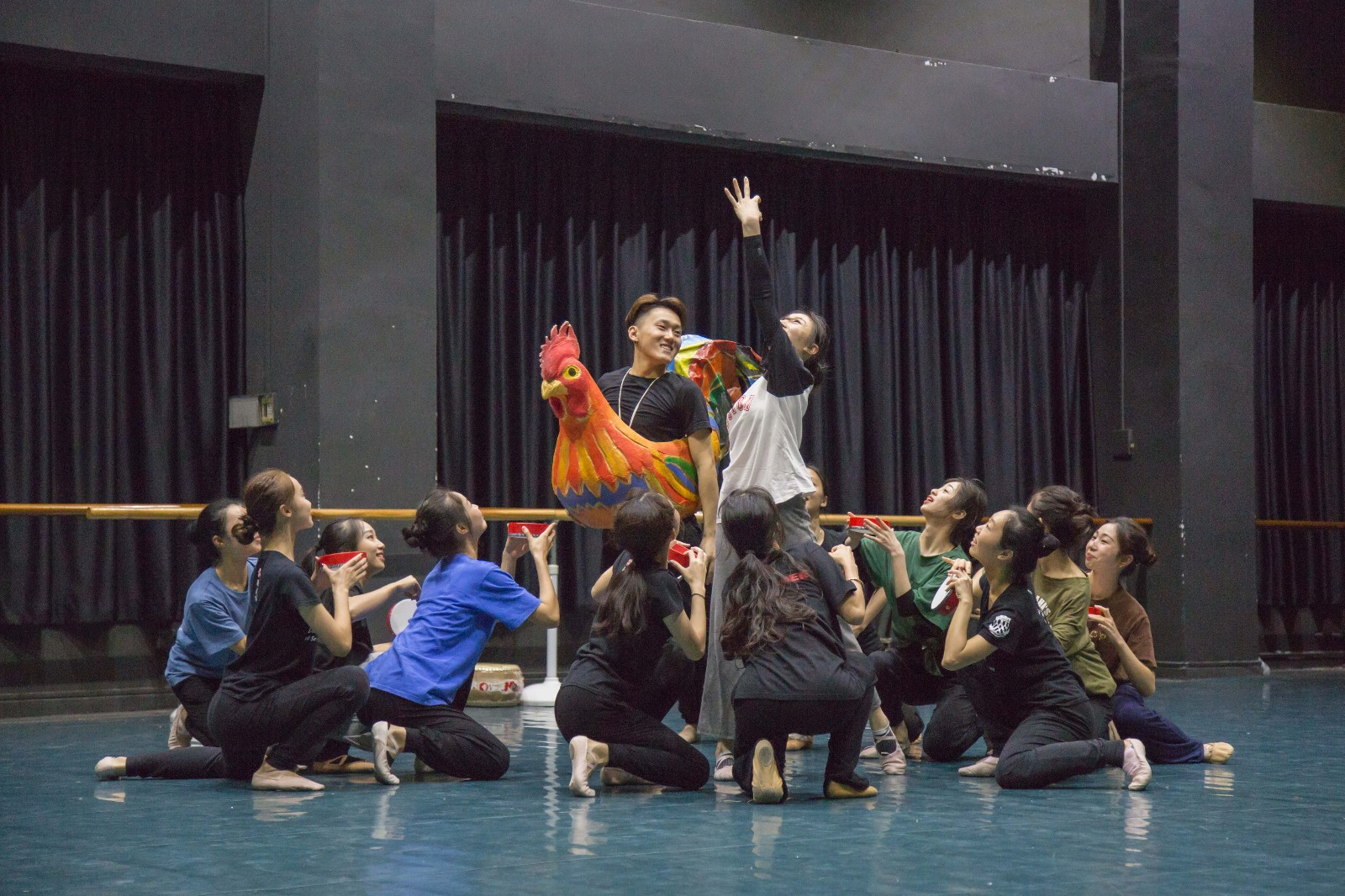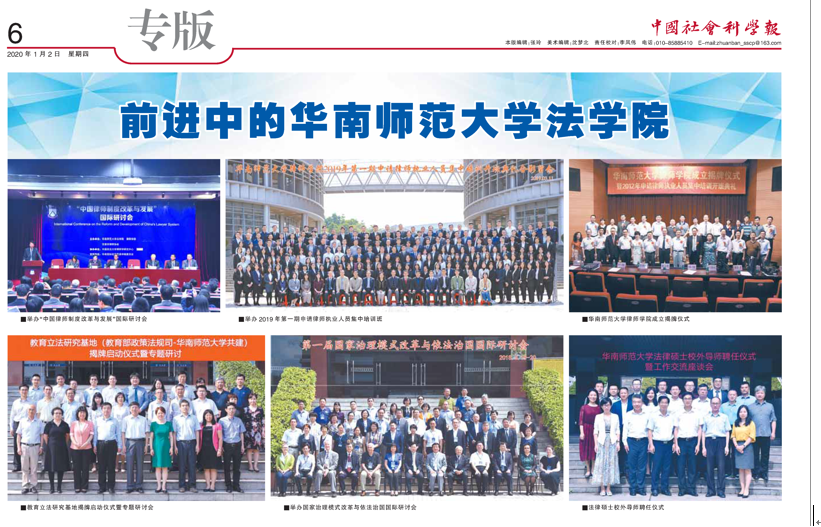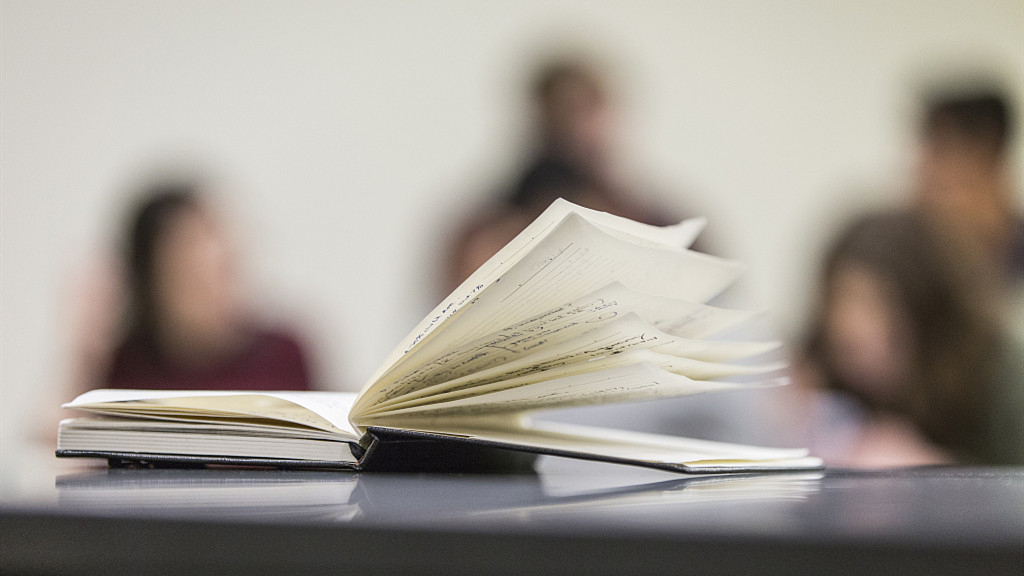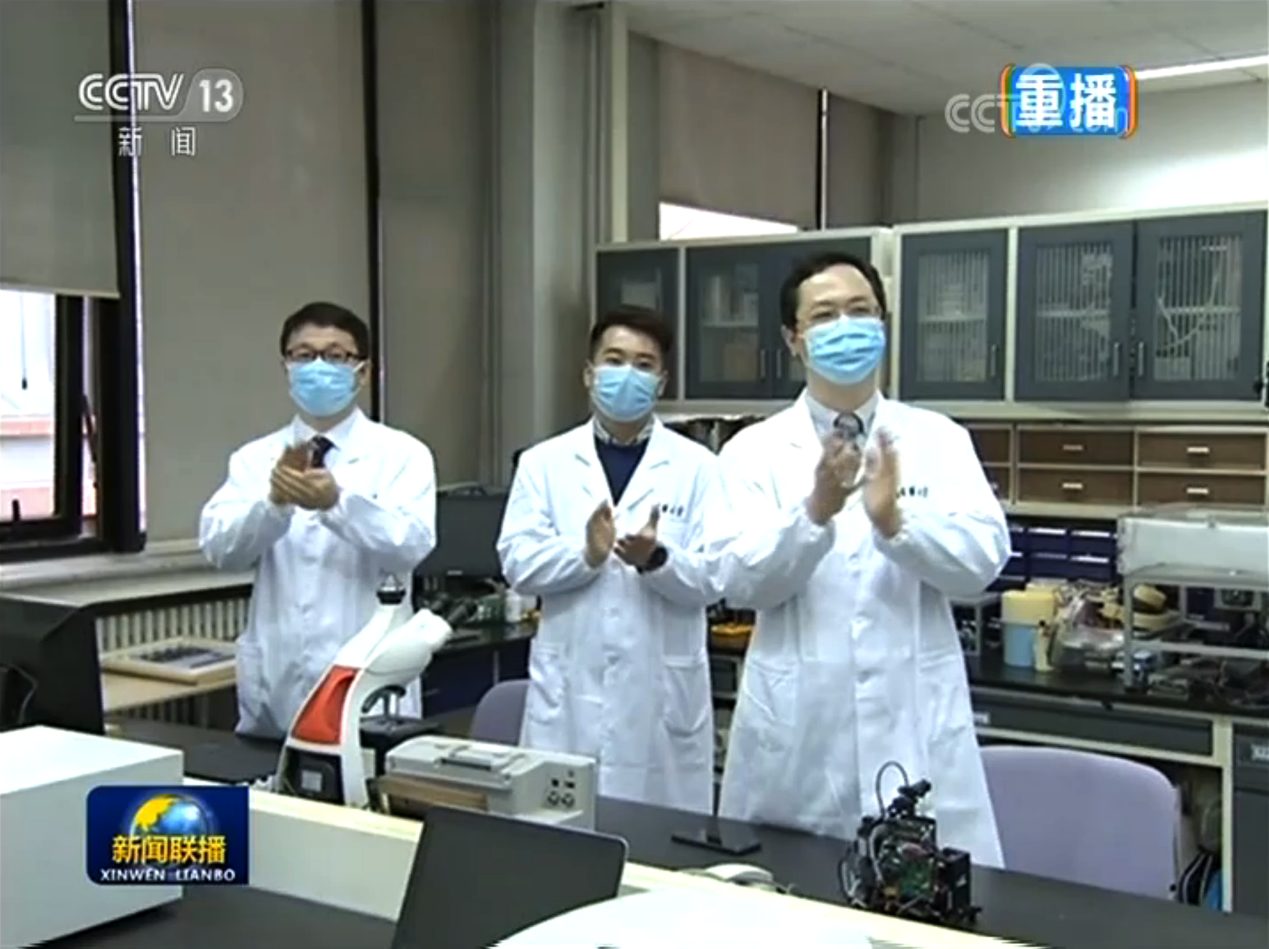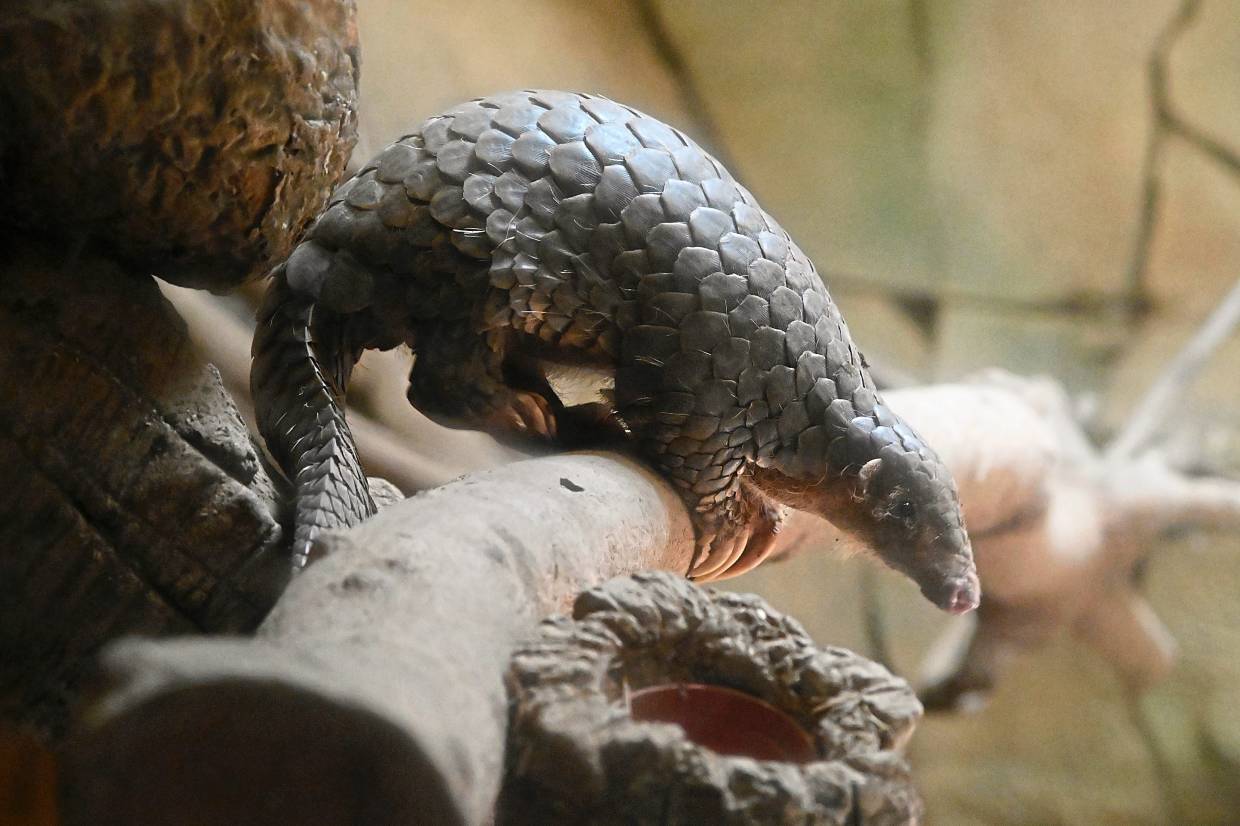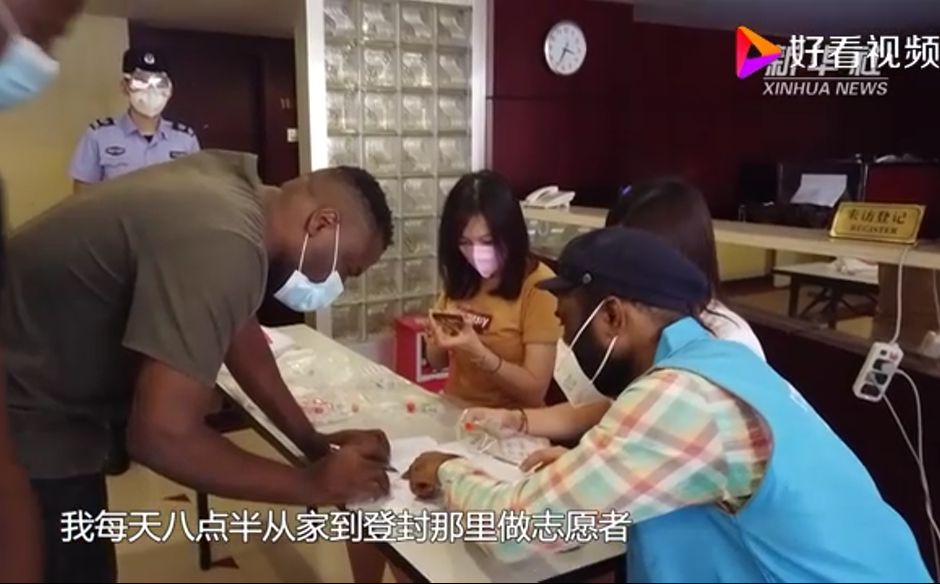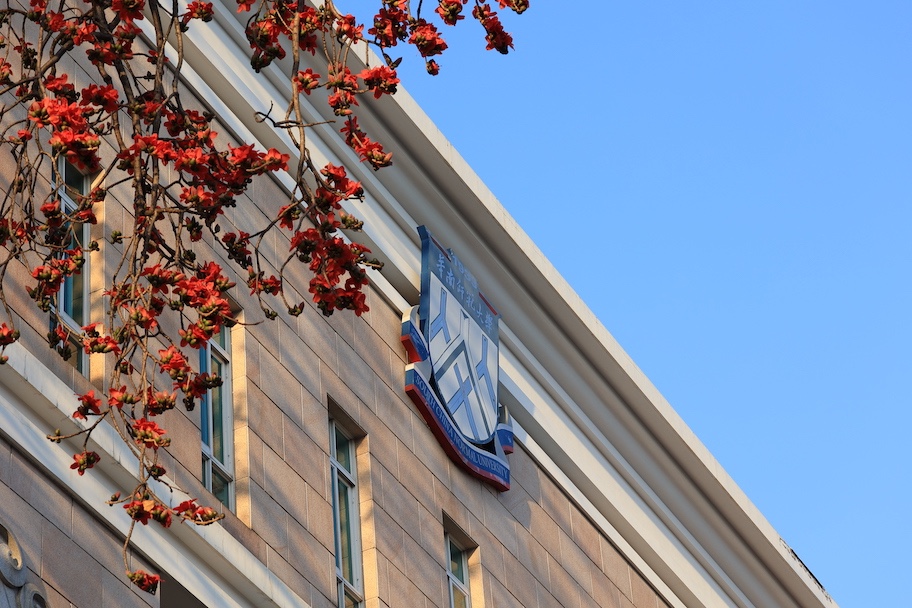
Likes
This year marks the 30th anniversary of the promulgation of China's State Compensation Law, a significant milestone in the country's commitment to human rights protection and the rule of law.
The law, adopted by China's national legislature in May 1994, as stated in its first article, is formulated to safeguard the relevant rights of citizens, legal persons and other organizations, and promote state organs' law-based exercise of their functions and powers.
Since the law took effect on January 1, 1995, Chinese courts nationwide have dealt with 318,000 state compensation cases.
Notable examples include the cases of Huugjilt and Nie Shubin, both executed based on wrongful convictions in the 1990s and acquitted in the mid-2010s.
"The compensation cases are like an alarm bell, calling on state agencies and their staff to uphold the respect and protection of human rights and exercise their power prudently to avoid more similar tragedies," said Liu Fei, a professor at the China University of Political Science and Law.
In addition to citizens' right to life and personal liberty, the state compensation system also covers the protection of property rights.
By compensating the infringed persons in accordance with the law, the State Compensation Law has exerted remarkable effects on the country's political, social, and legal sectors and has garnered widespread recognition from society, according to Ma Huaide, president of the China University of Political Science and Law.
According to Xue Gangling, a professor at the South China Normal University, the state compensation system, an important symbol of the modernization of the rule of law, provides a unique orientation towards human rights values in society.
Also, Ma pointed out that by defining the boundaries of infringement and attributing responsibility, as well as establishing an accountability system, the law serves as a reminder of the importance of law-based governance.
Over the decades, China has been continuously making improvements to the law and its practice.
The law has undergone two amendments, which were made in 2010 and 2012, respectively.
The compensatory payment for infringement of personal liberty has increased from 17.76 yuan (about 2.5 U.S. dollars) per day at the beginning to 436.89 yuan last year.
The country's top court and top procuratorate have issued judicial interpretations, as well as replies in individual cases, to ensure the effectiveness and implementation of the law.
These efforts have further expanded the protection of rights, granting the victims a higher level and wider range of compensation such as that for mental suffering, according to Du Yifang, a law professor at Fudan University.
Zhang Hong, a professor at Beijing Normal University, said the improved procedural rules have helped make the victims' claim for remedies easier.
However, experts also pointed out that despite the considerable progress made, there is still a need for further improvements.
Xue said that the scope of state compensation can be further expanded, the procedures can be made more streamlined and fair, and the standards can continue to be raised. Zhang said that the principles and standards of state compensation should be adjusted to align with the changing times.
The amendment of the State Compensation Law is currently listed in the legislative plan of the Standing Committee of the 14th National People's Congress.
The 30-year practice of the state compensation system has demonstrated that governmental departments that are willing to acknowledge mistakes and take responsibility can establish their credibility, Liu said.
This news article originally appeared on the official website of the State Council Information Office of China with the headline "Practice of China's state compensation system highlights human rights, rule of law".
Source: The State Council Information Office of the People's Republic of China
What to read next:
